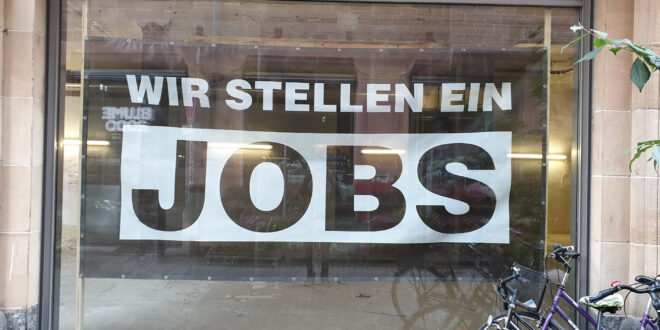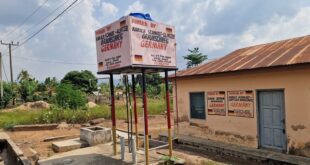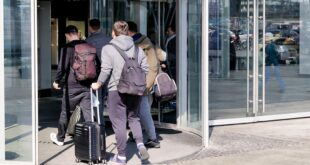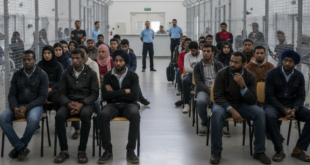Berlin’s Governing Mayor, Kai Wegner, has called for easing access to the labour market for refugees, highlighting the critical role of employment in successful integration. “Integration is best achieved by quickly taking up employment and learning the German language,” Wegner told Redaktionsnetzwerk Deutschland (RND). The CDU politician emphasized the need to reform existing rules, noting that it benefits no one to leave refugees idle for extended periods.
Currently, refugees in Germany are allowed to work after six months in initial reception centres, down from the previous nine months. Additionally, those with Duldung (tolerated stay) status generally have access to employment. However, Wegner argued that more needs to be done, particularly in the face of Germany’s acute labour shortage.
Wegner urged the federal government to lower legal barriers for refugees with strong prospects of staying and to increase funding for language and integration courses. He also advocated for expanding employment opportunities for asylum seekers in non-profit organisations.
Allowing refugees to work sooner not only fosters their economic independence but also relieves the state’s financial burden, advocates say. It accelerates their social integration, enabling them to build networks and gain cultural understanding through workplace interactions.
From an economic perspective, tapping into the refugee workforce can help address Germany’s labour shortages in sectors such as healthcare, logistics, and manufacturing, economists opine. These industries are struggling to fill vacancies, and refugees, many of whom possess valuable skills, could help bridge this gap.
Furthermore, early employment reduces the risk of social isolation and mental health issues among refugees, promoting a healthier and more cohesive society, refugee support activists have long campaigned.
Felix Dappah
 THE AFRICAN COURIER. Reporting Africa and its Diaspora! The African Courier is an international magazine published in Germany to report on Africa and the Diaspora African experience. The first issue of the bimonthly magazine appeared on the newsstands on 15 February 1998. The African Courier is a communication forum for European-African political, economic and cultural exchanges, and a voice for Africa in Europe.
THE AFRICAN COURIER. Reporting Africa and its Diaspora! The African Courier is an international magazine published in Germany to report on Africa and the Diaspora African experience. The first issue of the bimonthly magazine appeared on the newsstands on 15 February 1998. The African Courier is a communication forum for European-African political, economic and cultural exchanges, and a voice for Africa in Europe.


































